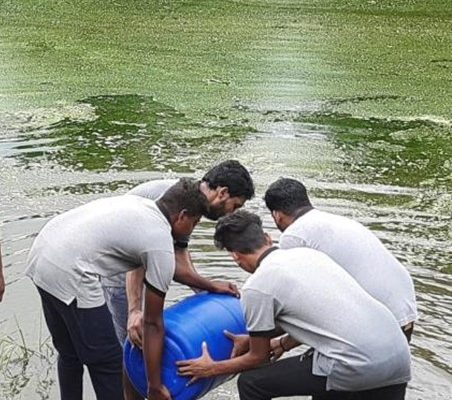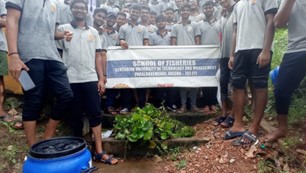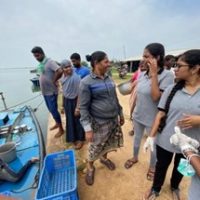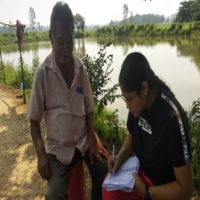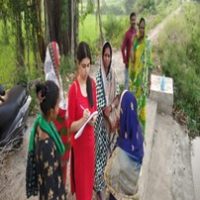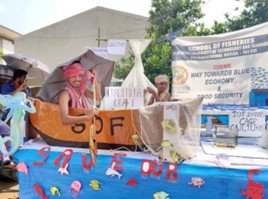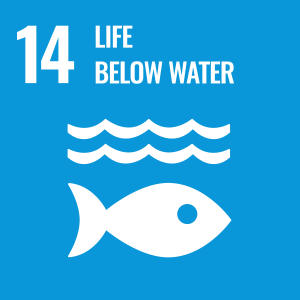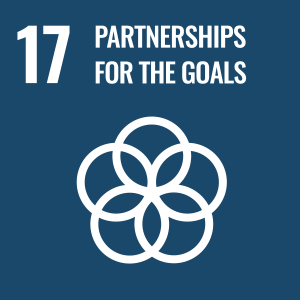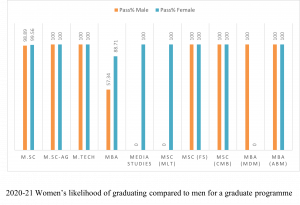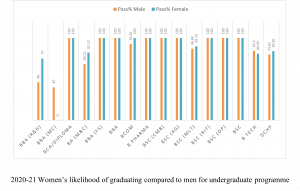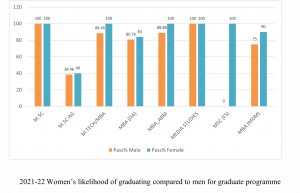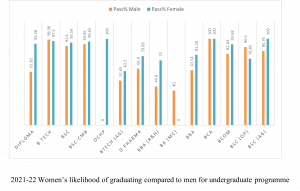Sustaining Aquatic Ecosystems and Their Biodiversity
Conserving Biodiversity at Ramsagar
Ramasagar is a critical water source for Paralakhemundi and nearby villages, serving drinking and irrigation needs and sustaining the local fishing industry. However, urbanization, resource exploitation, and domestic waste pollution have adversely impacted the reservoir’s fish biodiversity and catch. To address these challenges, the School of Fisheries at Centurion University is actively working to restore the ecological balance of Ramsagar.
Restoring Ecosystem: Balance through Ranching
The school’s fish rearing unit has reared fingerlings of catla, rohu, and amur carp for a ranching program in Ramsagar reservoir by releasing around 25,000 fingerlings with a water spread area of around 250 acres in collaboration with state fisheries department. Ranching, a form of artificial recruitment, involves nurturing fish in a controlled environment until they reach a suitable size, then releasing them into the reservoir to enhance fish populations, production, and ecological equilibrium. Further, the ranching programme was organized by releasing 6,000 fingerlings in the Rasur Lake with a water spread area of around 5 acres which is around 3 km from the institute.
Managing Invasive Species
The school is committed to sustainable development and selected Ramsagar reservoir for restoring a natural ecosystem. Invasive alien species have disrupted the wetland ecosystem. The school has conducted a fish biodiversity study, revealing various infestations. To combat these issues, the School has introduced biological controls, conducts bi-weekly collections and has found long-term solutions for the infestations.
